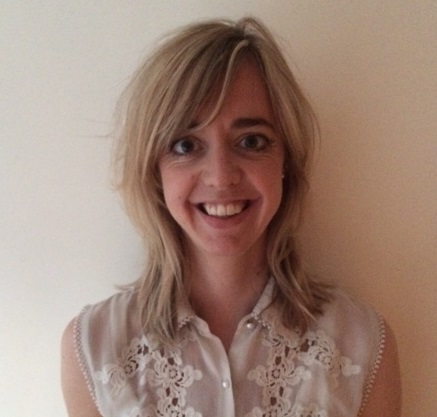Dr Bowen’s passion for immunology was kindled when she took a year out of her medical studies to pursue an intercalated BSc in Immunobiology and Infectious Diseases. During this time, she undertook a laboratory project investigating the role of an immunoregulatory protein in the pathogenesis of rheumatoid arthritis. This work was awarded a scholarship from the Arthritis Research Campaign and has since been taken forward into clinical trials.
This interest in immunology steered her towards specialising in nephrology (diseases of the kidney) and her involvement in such a translational research project led her to pursue an academic career in basic science and laboratory-based research that can lead to improved clinical care for patients.
The EBI Clinical Primer Scheme allowed her to take a break from her clinical commitments in London to join a leading research group, headed by Professor Moin Saleem, in Bristol Renal.
The Bristol Renal team have made significant breakthroughs in the study of two types of specialist kidney cells (podocytes and glomerular endothelial cells) and their interaction in the kidney’s filtration barrier, including causation and treatment when the filtration barrier breaks down.
Podocytes have a remarkably elaborate and highly specialised makeup, which is essential for maintaining glomerular function and integrity in healthy kidneys. Dr Bowen proposed looking at the action on the podocyte of Shiga toxins released by E. coli following food poisoning that can lead to life-threatening kidney failure.
This complication – known as haemolytic uraemic syndrome (HUS) – is the most common reason for acute kidney failure in children. Adults are also susceptible, particularly elderly people, who often die as a result. There are as yet no specific treatments for this condition.
Dr Bowen’s research, supervised by Professor Richard Coward and Professor Moin Saleem, involved exposing cultures of human and mouse podocytes and human glomerular endothelial cells to different concentrations of Shiga toxin for between 30 minutes and 24 hours. This showed that while mouse podocytes were resistant to the Shiga toxin, in humans cellular stress pathways were activated after just one hour.
The next step is to perform further cell culture studies to better understand the signalling pathways involved. This work could allow the identification of new targets for developing treatments for people with HUS.
The preliminary data obtained during Dr Bowen’s EBI Primer formed the basis of her PhD Clinical Fellowship applications for external funding. She was successful in her first fellowship interview and began her PhD in October 2016 with funding from Kidney Research UK; allowing her to continue researching the role of the podocyte in Shiga toxin associated HUS.
